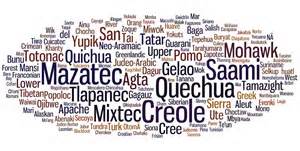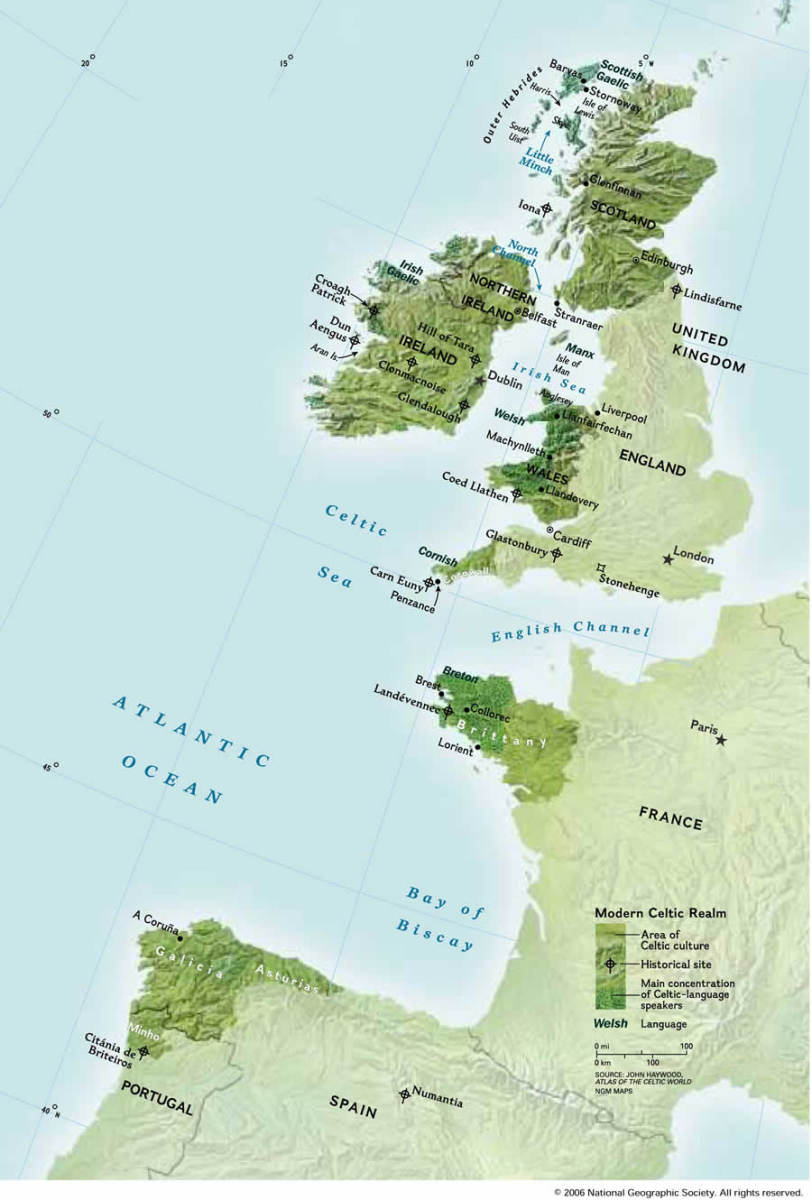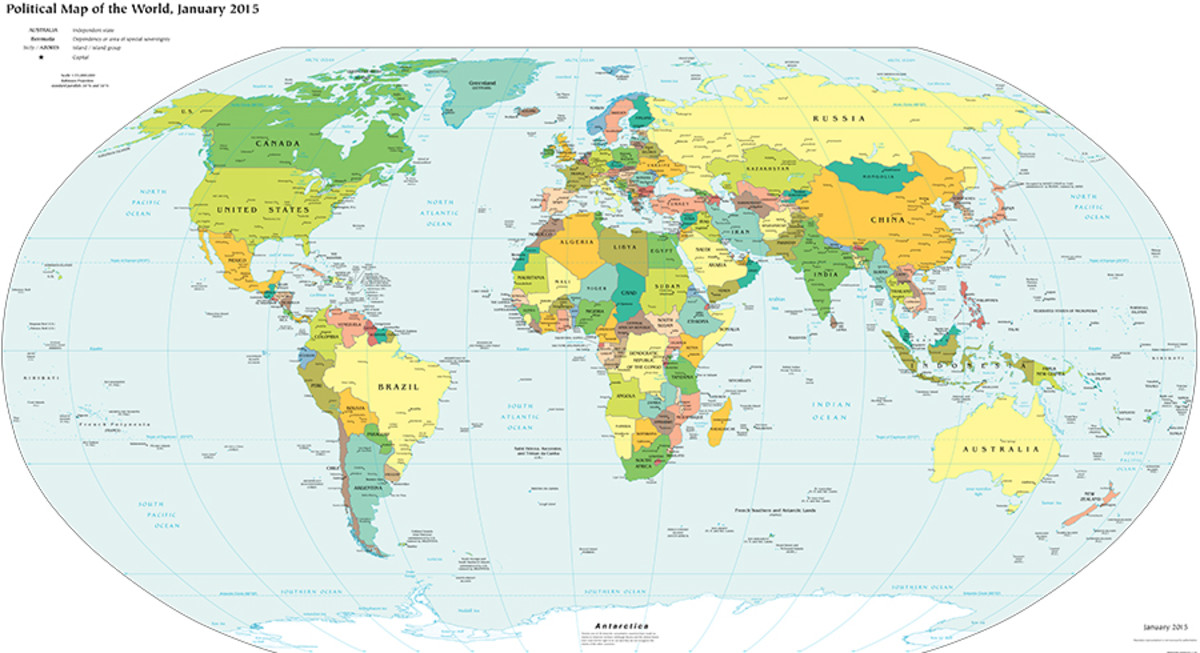Silent Tongues; Languages Lost Around the World
Let's Talk It Out
Language is one of the quintessential aspects of human life. It allows us to communicate our thoughts with each other in a way that no other animal can. The ability to use language to effectively interact with each other is a distinctly human characteristic, and helps us to form relationships, cultural identities, and economic trade. The minor nuances of language are shaped by where we live, what we know, and how we interact. History of cultures also plays a major role in the development and use of language. Noted linguist Edward Sapir said: "the mere fact of a common speech serves as a peculiarly potent symbol of the social solidarity of those who speak the language."
However, the beauty and magic of many languages and dialects are slowly disappearing from our societies. According to a UNESCO report, about ten languages die out from use every year. There are currently over 6,000 known languages in the world today, and almost half of those are at risk of fading from history. At this rate, languages die out each year at a faster rate than animal species become extinct. In the past 500 years, 1.3 percent of birds and 1.9 percent of mammals have become extinct, compared to 4.5 percent of all languages.

Going Extinct
Only 300 languages today are at the least risk of disappearing, with over a million native speakers. Ten languages, including English, Spanish, and Mandarin Chinese, are spoken by half the world's population. This figure means that about half of the world's population speaks any of the other 6,000 languages currently in existence.
Ethnologue.com is a widely used database of all the languages spoken globally. According to their most recent report, about 417 languages that are currently spoken are known by so few people that they are literally on the verge of becoming extinct. Their records show that there are only a handful of living people who still speak Saami Pite, a native language of Sweden and Norway; just a small sect of people who speak Klamath in Oregon; and just a single living speaker of Luo, in Cameroon. While these and many other languages may never reach our ears, their importance to those who still value their language is virtually priceless.

It would be difficult to imagine a world where no one understood the significance of "Mary had a little Lamb," or "Sally sells sea shells by the sea shore." The beauty of poetry, music, and stories would fade from existence due to disuse. Our dialects encompass everything from slang to accents and more, and they have the unique ability to separate and unite us, all at the same time. Language allows us to maintain feelings of cultural unity and kinship. Society and governments should work to preserve these endangered languages, to protect the culture, history, and identity of diverse people from around the globe.








